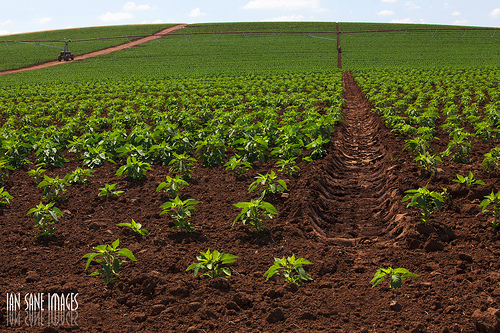
If GMO Foods Are Labeled “Natural” Expect a Lawsuit
In part one of our coverage of FoodNavigator-USA’s natural & clean label panel debate we looked at whether the FDA - or industry stakeholders - should define ‘natural’. In part two, we look at all-natural lawsuits, and whether consumers understand the difference between natural and organic foods.
While the USDA has defined natural, the FDA has only issued some general guidance, which says natural means "nothing artificial or synthetic -including all color additives regardless of source - has been included in or added to a food that would not normally be expected to be in the food".
December 22, 2014 | Source: Food Navigator-USA | by Elaine Watson
In part one of our coverage of FoodNavigator-USA’s natural & clean label panel debate we looked at whether the FDA – or industry stakeholders – should define ‘natural’. In part two, we look at all-natural lawsuits, and whether consumers understand the difference between natural and organic foods.
While the USDA has defined natural, the FDA has only issued some general guidance, which says natural means "nothing artificial or synthetic -including all color additives regardless of source – has been included in or added to a food that would not normally be expected to be in the food".
But where does this leave maltodextrin, steviol glycosides, soybean oil, alkalized cocoa, modified corn starch or a whole host of other ingredients, which may originate from a 'natural' source (a plant), but have been processed in such a fashion that a 'reaonable consumer' would no longer consider them to be 'natural'?
And what about processing aids? They may not be in the final product, but if they are genetically engineered, does this mean you could be in legal hot water if you start using the term 'natural' to describe ingredients produced with the help of such aids?
Is your product 'highly processed'?
Speaking at the FoodNavigator-USA Natural & Clean label online forum – which was broadcast live yesterday and is now available on demand (click HERE), Kristin Polovoy of law firm Montgomery, McCracken said plaintiff's lawyers are increasingly looking at the production process just as carefully as the end product.
And if genetic engineering is involved at any stage, firms should be very cautious about using the word 'natural', regardless of what's detectable in the finished product, she warned.
